The Best Eye Centre Doctors & Technology
Welcome to Ojos Eye Centre, your trusted partner in comprehensive eye care. Our experienced team is dedicated to preserving your precious vision. From routine eye exams to advanced treatments, we’re here for you every step of the way. Explore our website to learn more about our services, and don’t hesitate to reach out for expert guidance or to schedule an appointmen
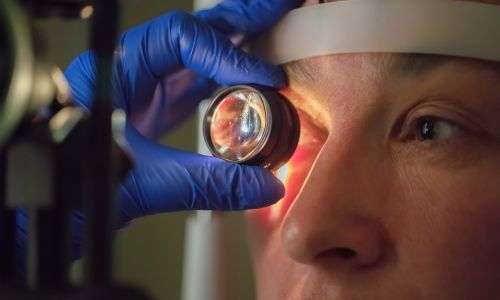
Cataract
Cataracts develop gradually, causing your eye’s natural lens to cloud, leading to blurry vision and difficulty seeing clearly.
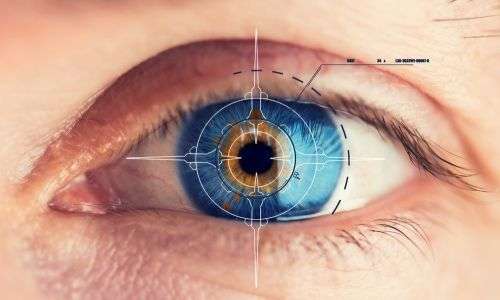
Retina
The Retina: Your Window to the World Your retina is the unsung hero of your eyesight.
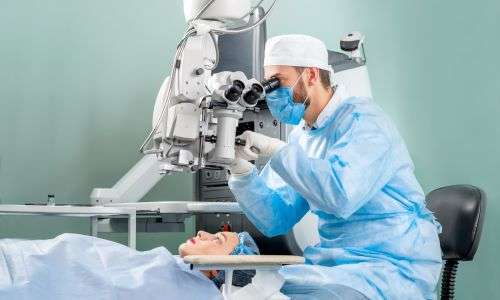
Dry Eye Surgery
Dry eye syndrome can be a persistent and bothersome condition, affecting individuals of all ages.
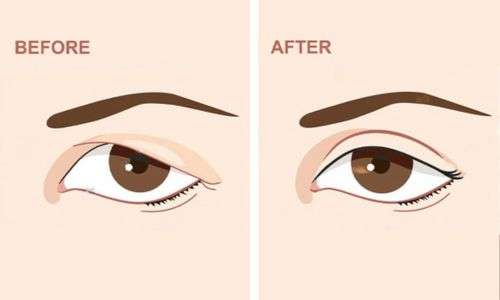
Oculoplasty
Oculoplasty is a specialized branch of ophthalmology that deals with the reconstruction of the eye and its associated structures.

Neurophthalmology
Neuro Ophthalmology is a fascinating branch of ophthalmology that focuses on the intricate connection between the eyes and the brain.

Uveitis
Uveitis is an intricate and often misunderstood eye condition that affects the uvea, the middle layer of the eye.
Getting Better Visual Field Results
At Ojos Eye Centre, we are committed to improving your visual field testing experience and ensuring more accurate results. Our expert team utilizes advanced techniques and state-of-the-art equipment to enhance the quality of your visual field tests. Whether you’re monitoring glaucoma progression or assessing other vision-related conditions, our clinic’s dedication to precision and patient care ensures that you receive the best possible visual field results for your eye health. Trust Ojos Eye Centre for superior eye care and more reliable visual field testing.
- Regular Eye Checkup
- Protective Measures
- Digital Eye Strain Awareness

Our Clinic is Open & Ready to Help!
How to care
Our Eyes
Schedule regular eye examinations with an optometrist or ophthalmologist. These professionals can detect vision issues and eye diseases early on, even before symptoms arise.
Shield your eyes from harmful ultraviolet (UV) rays by wearing sunglasses that offer UV protection when outdoors.
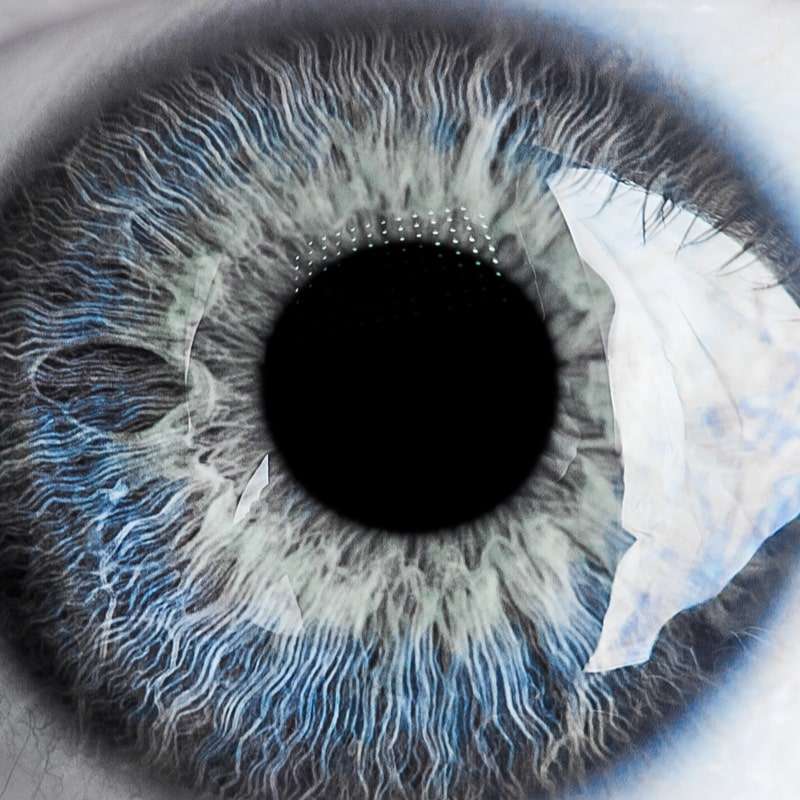
Maintain a balanced diet rich in nutrients that promote eye health, including foods high in vitamins A, C, and E, as well as antioxidants.
Practice the 20-20-20 rule when using digital devices. Every 20 minutes, take a 20-second break to look at something 20 feet away to reduce digital eye strain.

Eye Surgery
Frequently
Asked Questions
How often should I have an eye exam?
It is recommended to have a comprehensive eye exam at least once every two years for adults who do not wear corrective lenses or have any known eye conditions. However, if you wear glasses or contact lenses, have a family history of eye diseases, or have other risk factors, you should have an annual eye exam. Children should have their first eye exam at around 6 months of age, and then again at age 3 and before starting school.
What can I do to protect my eyes from digital screen strain (computer vision syndrome)?
It is recommended to have a comprehensive eye exam at least once every two years for adults who do not wear corrective lenses or have any known eye conditions. However, if you wear glasses or contact lenses, have a family history of eye diseases, or have other risk factors, you should have an annual eye exam. Children should have their first eye exam at around 6 months of age, and then again at age 3 and before starting school.
What are the best practices for maintaining healthy eye hygiene?
To maintain healthy eye hygiene, follow these practices:
- Wash your hands: Always wash your hands before touching your eyes or handling contact lenses to prevent the spread of infections.
- Remove makeup: Remove eye makeup thoroughly before going to bed to avoid eye irritation and infection.
- Avoid eye rubbing: Refrain from rubbing your eyes as it can introduce dirt and bacteria, potentially causing eye problems.
- Protect your eyes from the sun: Wear sunglasses that block 100% of UVA and UVB rays to protect your eyes from harmful sun exposure.
- Stay hydrated: Proper hydration helps maintain eye moisture and prevents dry eyes.
- Eat a balanced diet: Consume foods rich in vitamins and antioxidants, like leafy greens, fish, and citrus fruits, to support eye health.
- Quit smoking: Smoking is linked to an increased risk of eye diseases like cataracts and macular degeneration, so quitting can benefit your eye health.
